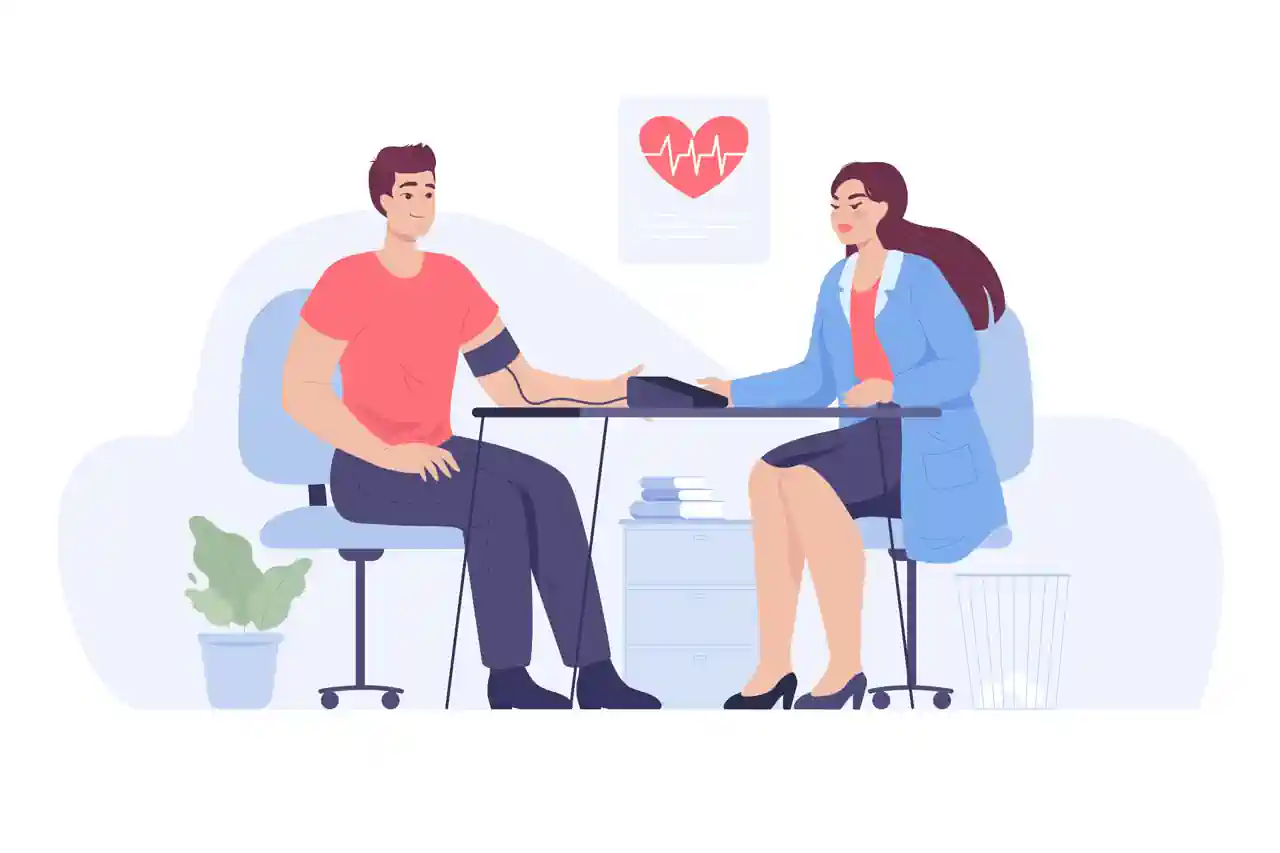High blood pressure, or hypertension, is a common health condition that affects millions of people worldwide. While genetics and lifestyle factors play a significant role in hypertension, your diet can also have a major impact on your blood pressure levels. It’s crucial to be aware of the foods that can elevate your blood pressure and potentially lead to serious health problems. In this article, we will discuss some of the foods to avoid for high blood pressure.
Sodium-rich foods: Sodium, a component of salt, is a major contributor to high blood pressure. High levels of sodium can cause your body to retain water, increasing the volume of blood in your arteries and consequently raising blood pressure. Avoid or limit your consumption of salty foods such as processed snacks, canned soups, fast food, and restaurant dishes, as they often contain excessive amounts of sodium.
Processed and fast foods
Processed and fast foods are often packed with salt, unhealthy fats, and excessive calories. These foods not only contribute to hypertension but also increase the risk of obesity, which is a common precursor to high blood pressure. Choose fresh, whole foods over highly processed alternatives to help manage your blood pressure.
Sugary beverages
Sugary drinks like soda, fruit juices, and sweetened teas can lead to weight gain and insulin resistance, which are both linked to hypertension. Opt for water, herbal teas, or unsweetened alternatives to reduce your sugar intake and help maintain a healthy blood pressure.
Alcohol
While moderate alcohol consumption may have some cardiovascular benefits, excessive drinking can raise blood pressure. Limit your alcohol intake to one or two drinks per day, or consider abstaining entirely if you have hypertension.
Red meat and processed meats
High in saturated fats, red meat and processed meats like bacon, sausages, and deli meats can contribute to high blood pressure and increase your risk of heart disease. Choose lean protein sources like poultry, fish, or plant-based alternatives to protect your heart health.
Caffeine
While the relationship between caffeine and blood pressure is complex and varies from person to person, excessive caffeine intake can lead to temporary blood pressure spikes. If you are sensitive to caffeine, consider reducing your consumption of coffee, energy drinks, and caffeine-rich foods.
High-cholesterol foods
Foods rich in cholesterol, like egg yolks and organ meats, can contribute to plaque buildup in your arteries, leading to hypertension and other cardiovascular issues. Limit your consumption of high-cholesterol foods and opt for cholesterol-free alternatives.
Highly processed carbohydrates
Refined carbohydrates, such as white bread, white rice, and sugary cereals, can lead to weight gain and insulin resistance. Choose whole grains and complex carbohydrates to help manage your blood pressure and overall health.
It’s essential to remember that dietary changes alone may not be sufficient to manage high blood pressure, and other lifestyle modifications, such as regular exercise and stress reduction, are also important. If you have hypertension or are at risk, consult a healthcare professional for personalized guidance on managing your condition.
Sources:
- American Heart Association. (n.d.). Sodium and Salt. https://www.heart.org/en/health-topics/high-blood-pressure/changes-you-can-make-to-manage-high-blood-pressure/how-potassium-can-help-control-high-blood-pressure
- Harvard Health Publishing. (2021). 11 foods that lower blood pressure. https://www.health.harvard.edu/heart-health/11-foods-that-lower-blood-pressure
- Mayo Clinic. (2021). DASH diet: Healthy eating to lower your blood pressure. https://www.mayoclinic.org/healthy-lifestyle/nutrition-and-healthy-eating/in-depth/dash-diet/art-20048456
- National Heart, Lung, and Blood Institute. (n.d.). Your guide to lowering your blood pressure with DASH. https://www.nhlbi.nih.gov/files/docs/public/heart/new_dash.pdf

